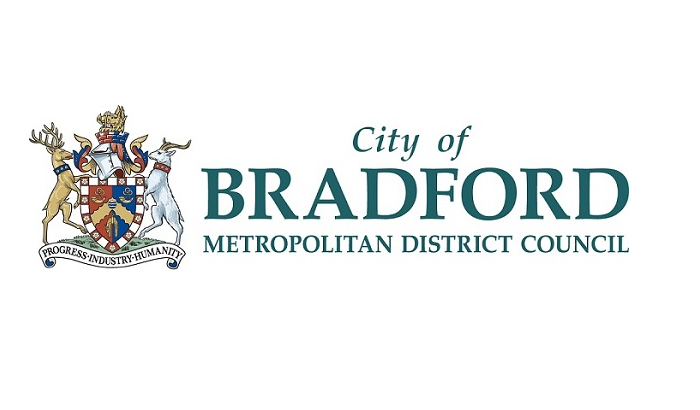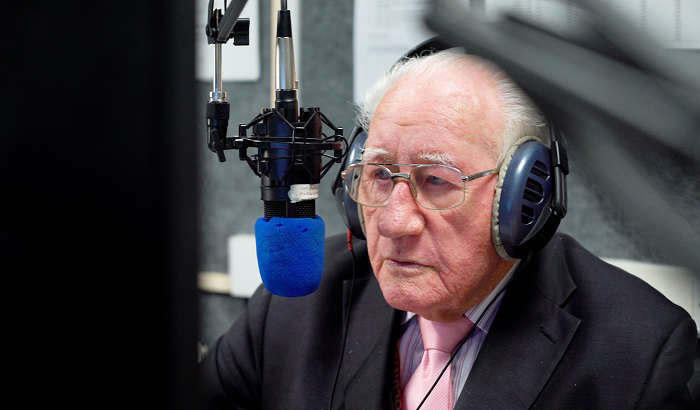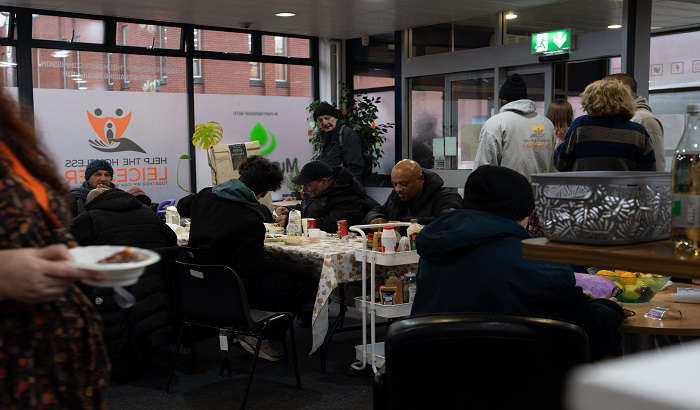
The local NHS is asking for people’s help to decide the future of gluten-free food on prescription.
NHS Bradford City and NHS Bradford Districts clinical commissioning groups (CCGs) are starting a conversation with patients, carers and the wider public about whether gluten-free foods should be provided on prescription.
For more than 30 years, the NHS has prescribed gluten-free foods like bread, flour, cereal and pasta for people with coeliac disease. This policy was created at a time when gluten-free foods were not as readily available as they are today. In Bradford, the total annual spend is around £320,000. With an increasing demand for services, coupled with financial constraints, the Bradford CCGs are looking at a range of options, including no longer providing gluten-free foods on a prescription basis.
Dr Sohail Abbas and Dr Carsten Grimm, the CCGs’ clinical leads for prescribing, said: “We understand that a decision to change or stop the prescribing of gluten-free foods will impact on people in different ways; so we are keen to hear the views of patients, carers, the wider public, together with our clinicians, so that we are fully aware of the likely impact of the proposals, before making a final decision.”
Coeliac UK is strongly opposing the proposed cuts to gluten-free prescriptions by NHS Bradford City and NHS Bradford Districts Clinical Commissioning Groups (CCGs) for patients in the region diagnosed with coeliac disease.
The charity is concerned these cuts will leave vulnerable patients with coeliac disease without support which will affect their ability to stick to the gluten-free diet. The potential serious long term health complications of not maintaining a gluten-free diet include osteoporosis, infertility and, in some rare cases, small bowel cancer, conditions that could cost the NHS a lot more in the long run.
Sarah Sleet, chief executive of Coeliac UK, the national charity for people with coeliac disease said: “The proposal by Bradford City and Bradford Districts CCGs to remove gluten-free prescription services for everyone with coeliac disease is being based on budgets rather than patient need or clinical evidence. The provision of gluten-free staple food on prescription is a vital element of the support offered to all patients by the NHS and it is essential to prevent long term damage to health. Simple switching to alternative carbs such as rice and potatoes risks malnutrition with bread alone providing between 10 and 20% of our most important nutrients such as protein, calcium and iron but potatoes and rice only providing a fraction of this.”

 £8.5m Plan Approved to Transform Blackburn Church into Creative Hub
£8.5m Plan Approved to Transform Blackburn Church into Creative Hub
 £1.9m Investment Plan for Pools, Museums and Family Hubs
£1.9m Investment Plan for Pools, Museums and Family Hubs
 Six Charged After County Lines Raids in Calderdale and Bradford
Six Charged After County Lines Raids in Calderdale and Bradford
 Tribute paid to hospital radio legend Patrick Murphy
Tribute paid to hospital radio legend Patrick Murphy
 Bradford nurseries recognised with elite ‘900 Club’ award
Bradford nurseries recognised with elite ‘900 Club’ award
 Muslim Aid Launches Winter Support for Vulnerable Communities
Muslim Aid Launches Winter Support for Vulnerable Communities
 30 Years of Clean-Ups: Britain’s Largest Muslim Youth Group Takes to the Streets on New Year’s Day
30 Years of Clean-Ups: Britain’s Largest Muslim Youth Group Takes to the Streets on New Year’s Day
 The Golden Era
The Golden Era
 Remix Saturdays
Remix Saturdays
 Alim OnAir
Alim OnAir
 Legal Show
Legal Show